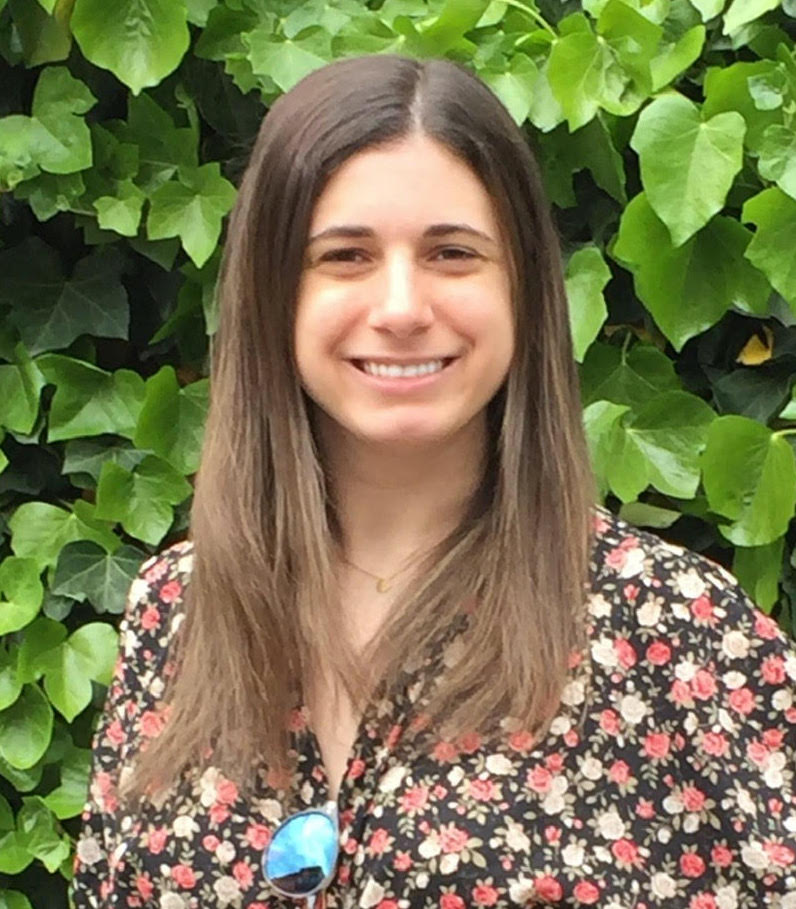Coronavirus Delta variant is likely to spread in these states—here's how you can protect yourself
The Delta variant of COVID-19 has been described as 'the greatest threat in the US'
![A flu vaccine is administered at a walk-up Covid-19 testing site, November 24, 2020, in San Fernando, California, just northeast of the city of Los Angeles. - California shattered the state's single-day COVID-19 record with over 20,500 new cases recorded on November 23 ahead of the Thanksgiving holiday. (Photo by Robyn Beck / AFP) / The erroneous mention appearing in the IPTC metadata of this photo by Robyn Beck has been modified in AFP systems in the following manner: [San Fernando, California] instead of [San Fernando, Philippines]. Please immediately remove the erroneous mention from all your online services and delete it from your servers. If you have been authorized by AFP to distribute it to third parties, please ensure that the same actions are carried out by them. Failure to promptly comply with these instructions will entail liability on your part for any continued or post notification usage. Therefore we thank you very much for all your attention and prompt action. We are sorry for the inconvenience this notification may cause and remain at your disposal for any further information you may require. (Photo by ROBYN BECK/AFP via Getty Images)](https://cdn.mos.cms.futurecdn.net/6bsWZcdY7LJTsp4S6SLq2a.jpg)

As the US inches towards 50% Covid vaccination rates, the Delta variant poses a threat to the progress the country has made, particularly in areas where vaccination rates remain low. Even if you've received your shots, it's crucial to remain on alert as healthcare experts keep an eye on its transmission.
The Delta variant, which began in India in December 2020, has since spread to over 80 countries and comprises over 20% of US cases. Infectious disease expert Dr. Anthony Fauci stated in a White House press briefing that it is "currently the greatest threat in the US" in our fight to beat Covid.
Echoing that sentiment, Dr. Scott Gottlieb, the former commissioner of the Food and Drug Administration, revealed to CNN that certain "pockets of the country" such as rural areas and the south are likely to experience outbreaks, as they have low vaccination rates. (Alabama, Arkansas, Louisiana, Mississippi, and Wyoming have the lowest vaccination rates, all of which are under 35%.)
Though it may seem like a step backwards, the World Health Organization issued new guidelines on June 25 in the wake of the Delta variant's spread suggesting that fully vaccinated people continue to wear masks indoors and social distance, according to The New York Times. Dr. Tedros Adhanom Ghebreyesus, the director-general of the W.H.O, insisted that we keep using the proper precautions until it becomes more clear how the Delta variant is spreading and who it affects.
This comes on the heels of the Centers for Disease Control and Prevention easing mask restrictions in May. However, on June 30, CDC director Rochelle Walensky told TODAY that the agency will not require US citizens to wear masks indoors like WHO, stating that the organization is making those changes as it is working on a global scale and such changes aren't necessary in the US.
This article is for general interest and is not intended to suggest a course of action that might be suitable for you. Always consult a licensed healthcare professional before making decisions concerning your health and wellbeing.
CDC or WHO?
The CDC says you can go maskless indoors if you are fully vaccinated, yet WHO does not. Who should you listen to? Rochelle recommends adhering to local policy makers. Those who want to err on the side of caution might be more inclined to follow WHO's new mandate. When in doubt, always consult a medical professional.
COVID vaccines do reportedly protect against the Delta variant, however, the Pfizer vaccine’s efficacy is slightly lower than others'. Those who have only received one dosage of the vaccine are also placed in a riskier situation, so it is not advised to skip your second dose, even if you think the first shot was effective.
Sign up to our free daily email for the latest royal and entertainment news, interesting opinion, expert advice on styling and beauty trends, and no-nonsense guides to the health and wellness questions you want answered.
If you have any questions, always consult a medical professional. We'll also help guide you through concerns about the Covid vaccines and pregnancy, fertility and periods that continue to arise.
Danielle is a writer for woman&home and My Imperfect Life, where she particularly enjoys covering lifestyle and entertainment news. She was previously the editor of Time Out New York Kids and a news editor at Elite Daily. When she's not working, you can find her reading a good book and enjoying a cup of coffee. Follow her @dvwrites.
